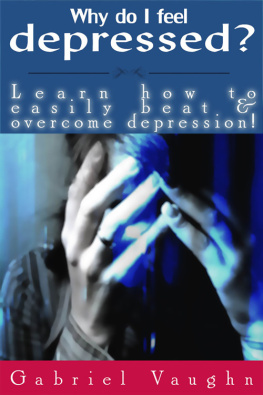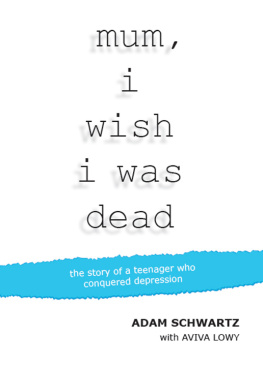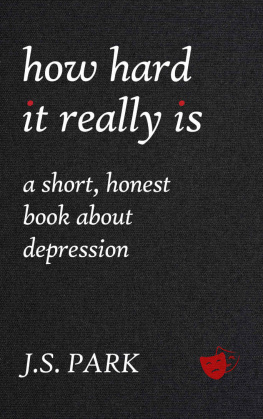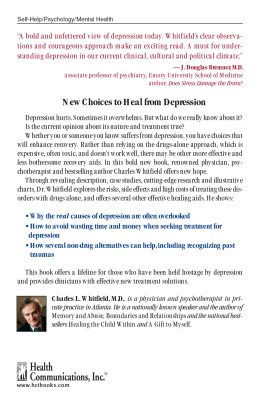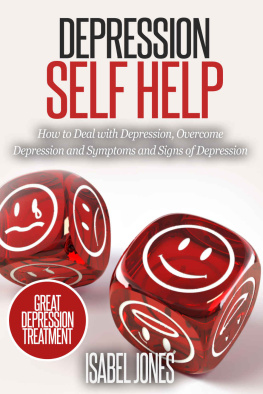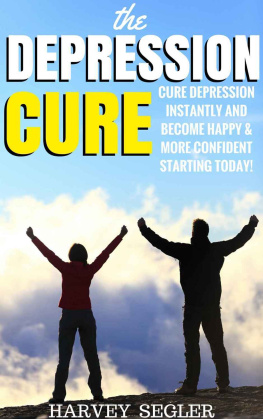

First published in Great Britain 2018 by Trigger Press
Trigger Press is a trading style of Shaw Callaghan Ltd & Shaw Callaghan 23 USA, INC.
The Foundation Centre
Navigation House, 48 Millgate, Newark
Nottinghamshire NG24 4TS UK
www.trigger-press.com
Copyright Richard Kirby 2018
All rights reserved. No part of this publication may be reproduced, stored in a retrieval system, or transmitted in any form or by any means, electronic, mechanical, photocopying, recording or otherwise, without prior permission in writing from the publisher
British Library Cataloguing in Publication Data
A CIP catalogue record for this book is available upon request from the British Library
ISBN: 978-1-911246-61-9
This book is also available in the following e-Book formats:
MOBI: 978-1-911246-64-0
EPUB: 978-1-911246-62-6
PDF: 978-1-911246-63-3
Richard Kirby has asserted his right under the Copyright, Design and Patents Act 1988 to be identified as the author of this work
Song lyrics from The Close reproduced with the kind permission from The Alarm
Cover design and typeset by Fusion Graphic Design Ltd
Project Management by Out of House Publishing
Printed and bound in Great Britain by Bell & Bain, Glasgow
Paper from responsible sources
www.trigger-press.com
Thank you for purchasing this book. You are making an incredible difference.
Proceeds from all Trigger Press books go directly to The Shaw Mind Foundation, a global charity that focuses entirely on mental health. To find out more about The Shaw Mind Foundation visit www.shawmindfoundation.org
MISSION STATEMENT
Our goal is to make help and support available for every single person in society, from all walks of life.
We will never stop offering hope. These are our promises.
Trigger Press and The Shaw Mind Foundation
Today, just like yesterday
Im ascending and descending
Travelling, not arriving
Thats the story of my life
Close by The Alarm
Mike Peters 2004
Reproduced with permission
For Mum, Dad and Elaine xxx
FOREWORD
One in four people in the UK have mental health problems. Nearly two thirds of these never seek help from a medical professional.
As a sufferer of a form of chronic depression himself, Richard has worked tirelessly to bring about positive changes in the perception and treatment of mental ill health. His fundraising for the charity Mind in 2014 and his dedication to the Time to Change campaign have both made a significant impact on the stigma attached to mental health issues.
When Richard approached me to fulfil his Meet an Olympic Gold Medallist challenge, I was delighted to have the opportunity to meet this extraordinary man who is, himself, a source of inspiration, especially because of the positive and proactive way he has reached out to other sufferers and spoken openly about his mental health.
His dreams of taking on 100 challenges to highlight mental health were close to my heart, as my parents were psychiatric nurses in a hospital near our home (before moves were made to set up Care in the Community). I spent many happy times as a child / teenager in the company of patients, many of whom never had visitors such was the stigma attached to their illness.
This book is a triumphant record of his outstanding contribution to mental health awareness, and I am proud to be a very small part of it.
Ann Brightwell (ne Packer) MBE
800m gold medallist and 400m silver medallist at the 1964 Tokyo Olympic Games.
July 2017
INTRODUCTION
I was diagnosed with depression in 2004. It was a label I hated.
Its not that I hated officially having a mental health condition. I just felt deeply guilty because, in my own mind, I wasnt ill enough for my doctor to tell me I was clinically depressed. I had evidently been unwell for a while, but I associated the word depression with far worse symptoms than those I was suffering from at that time.
That original diagnosis of depression came during a particularly difficult time in my life. Those closest to me could see there was something wrong, but I wouldnt listen Id never needed help before, so I insisted that I didnt need it then
But I did need help.
Looking back, the downward spiral took hold so quickly, but somehow (and I honestly dont know how), I had one brief moment of objective clarity, and with it came the realisation that I could no longer cope. I made an appointment to see my doctor and literally, within seconds of sitting down in front of him, I broke down completely.
I was given a handful of counselling sessions, but for whatever reason they did nothing but leave me feeling drained and heavy-headed. I eventually decided to stop. It was right for me to at least give this method of treatment a shot, but it was equally as sensible to give it up when it was obviously having a negative effect on me.
My medication did work though. Over time, my depression disappeared. And it was then that I realised the importance of that initial visit to the surgery. Because just over a decade later after a lot of research, therapy, GP visits and lengthy discussions with experts in mental health I realised I had dysthymia. I had always had it.
My depression was just the upper layer of what is called double depression. When that the upper layer was effectively treated, my dysthymia (the lower layer) remained unconsidered, undetected, hidden. Waiting for an opportunity to resurface.
Dysthymia is a chronic, but relatively mild, form of depression from which I had almost certainly and unknowingly suffered since junior school. The characteristics of dysthymia are not dissimilar to depression, although they are less intense and extreme. Id had symptoms for 40 years or so, and because I essentially knew no different, Id always presumed that how I felt was normal.
Since as far back as my teenage years, I have suffered from anxiety and panic attacks. Ive also experienced occasional bouts of sudden and profound sadness. I liken the sensation to a giant hand gripping my head, squeezing ever tighter and forcing me to cry.
As this happened more and more, I began to accept my tears rather than fight them. I got to a point where I not only wanted to cry, I needed to. Often, I would hide away and let the tears flow until the hand eventually relaxed its grip.
Over the years this continued to happen throughout my childhood, during my married life and through the birth of my two wonderful daughters.
So much has changed since 2004, and mostly for the better. I no longer have depression which is great, despite my lingering dysthymia and Im now married to the love of my life.
I met Elaine at a work training day in December 2004. We stayed in touch, but didnt see each other again until the following October. People will have their own idea about love at first sight, but from that chilly October evening in 2005 to the day I moved down from Gateshead to Middlesbrough to begin a new life with her in July 2006, we saw each other fewer than 10 times.


